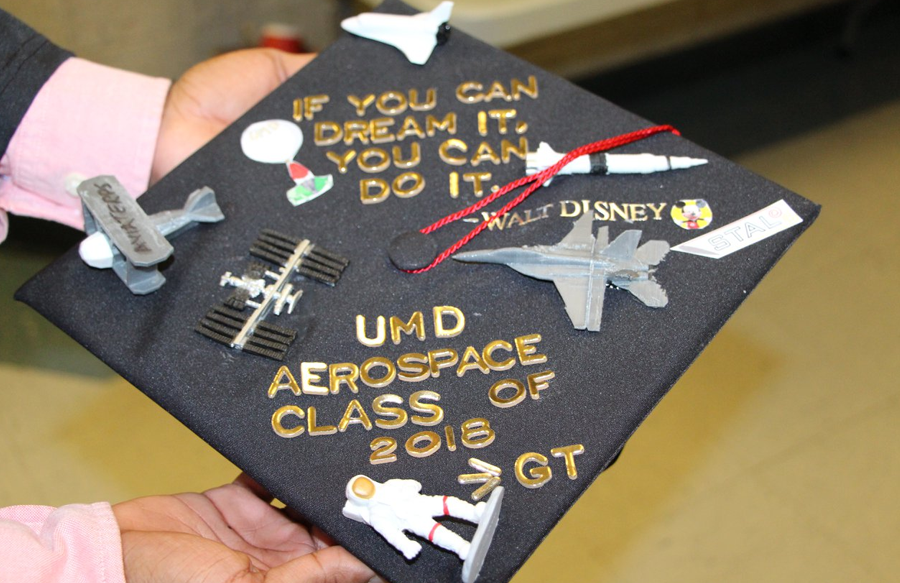Teaching Assistantships are generally awarded for the first semester or two, with the expectation that all TAs will become RAs by the end of their first year in the program. It is the policy of the department not to award Teaching Assistantships to students from other departments - a student would have to transfer into our department (ENAE) in order to be considered for such a position.
Teaching Assistants usually assist professors and other experienced instructors in a classroom setting by preparing or conducting lectures and discussion sections, assisting students, or grading exams, lab reports, papers, or other assignments. These assistants are hired by the department, and are assigned a faculty mentor. In some cases, the Teaching Assistant will assume responsibility, under faculty supervision, for teaching a course on his or her own.
Research Assistants work primarily with faculty or other investigators on some facet of a research project. These assistants are selected by the faculty with whom they will be working. At times, RAs are paid from grant funds.
Fellowships are merit-based awards designed to enable the recipient to focus full-time on graduate study, do not have to be repaid, and in many cases include both the remission of tuition and a stipend for living expenses.
The Aerospace Department offers the following awards to full-time Graduate Students:
-
Aerospace Research Fellowship
-
Aerospace Research Scholarship
-
Aerospace Teaching Fellowship
-
ARCS Fellowship
-
Minta Martin Fellowship
-
Gustave J. Hokenson Fellowship
Fellowships are different from Graduate Assistantships. Graduate Assistantships require graduate students to teach classes, work on a research project, or perform administrative tasks to earn their stipend and tuition remission.
All applicants and current students in the department are automatically considered for these awards. Most fellowship awards are part of a recruitment package; others are made to current students through a competitive awards process. Both applicants and current students should contact the graduate program for more information on available fellowships.
The Office of Student Financial Aid has information on financial aid options available to graduate students including an overview of student loan types. The U.S. Department of Education’s website for federal loans also has an abundance of information.
If someone else (company, military) is paying for your tuition and requesting a bill from the university, please visit http://bursar.umd.edu/ThirdPartySponsoredBilling.php
